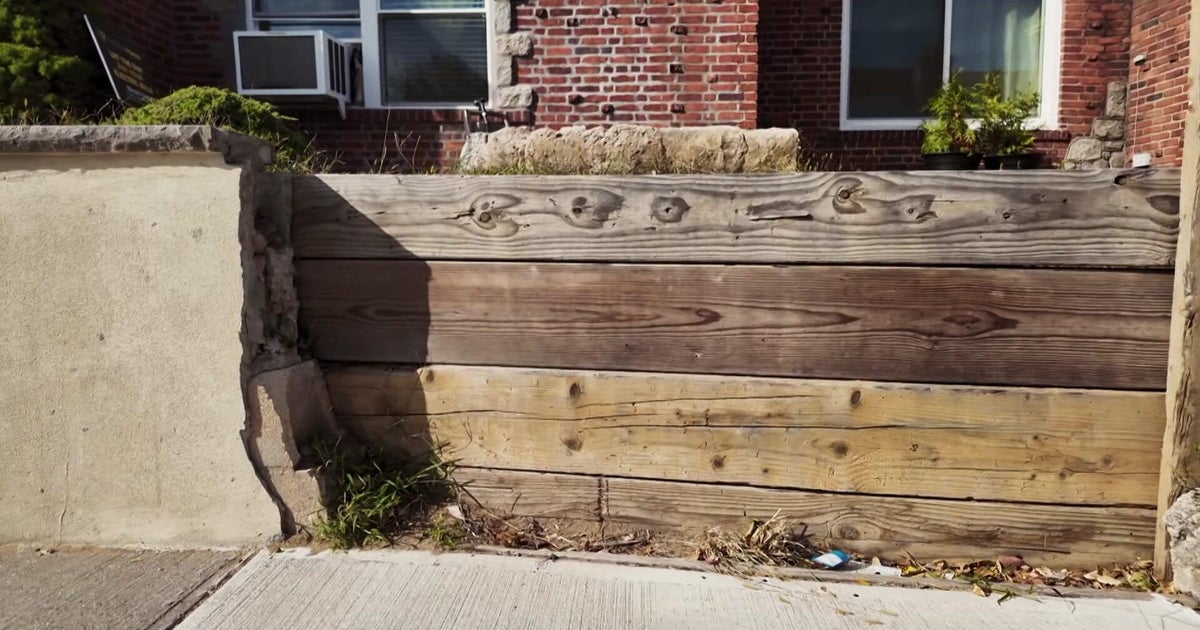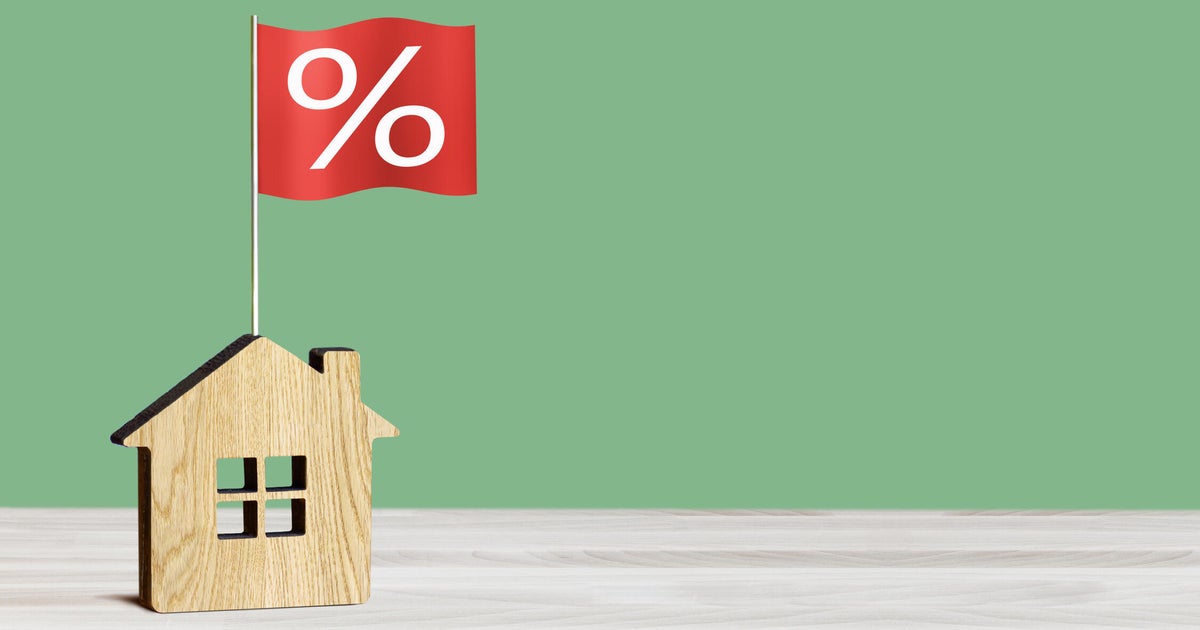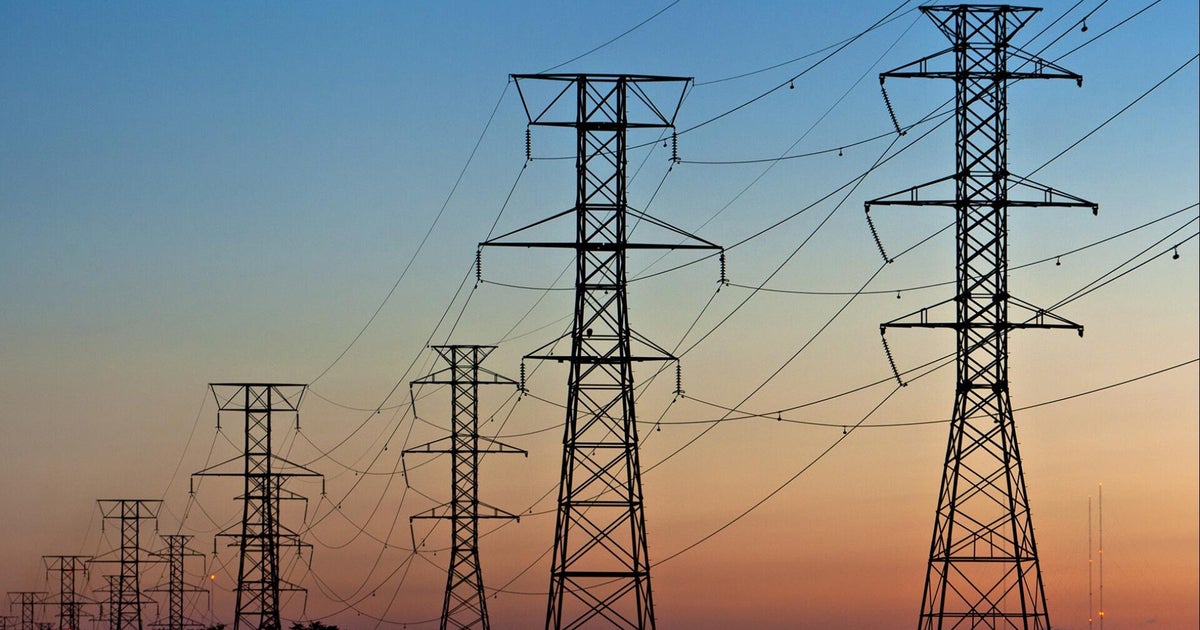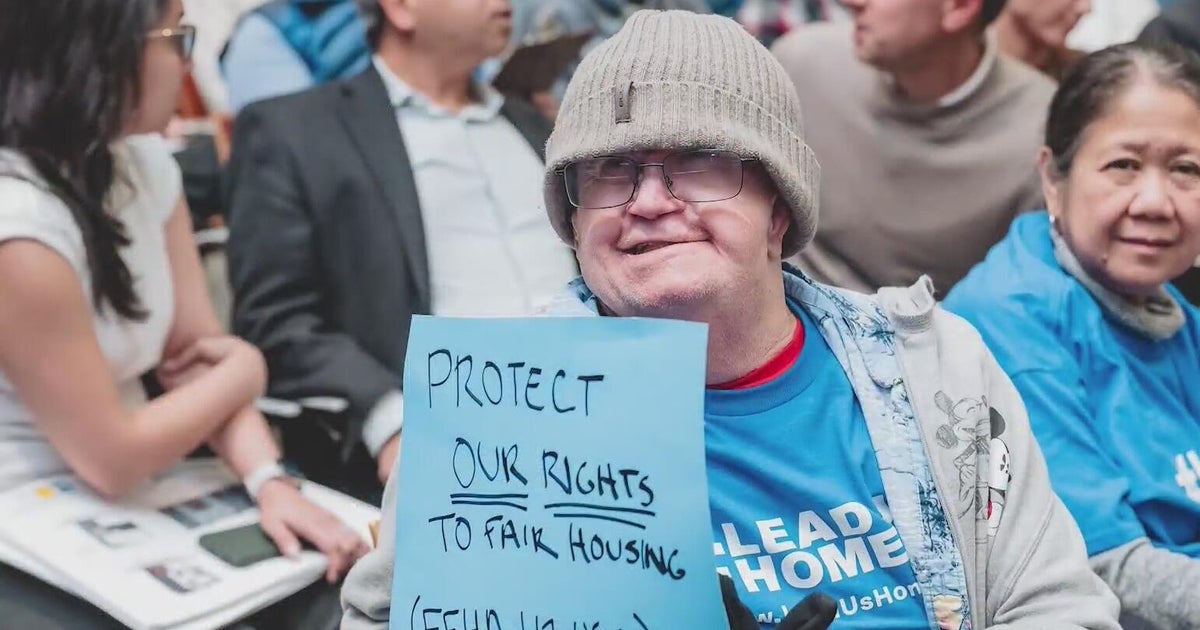Why You Should Wait Until 2016 To Sell Your Home
Are you planning to sell your home? Maybe your family is outgrowing your existing home or the kids have moved out and you want to downsize to a smaller place. Perhaps you’ve decided to sell that vacation home that doesn't get much use. If any of these scenarios apply, then you are in an interesting predicament — you have a home you want to sell, but you do not have any pressing need to sell it immediately. If that's the case, you may want to wait until after 2016, after a new president is sworn into office, to see how the housing market may react.
For some home buyers and sellers, it might appear that now is the time to put a home on the market. Mortgage rates are reaching historic lows, making a loan for a 30-year mortgage more affordable. However, it’s becoming more difficult for potential home buyers to take the plunge and purchase a new home. According to the a recent article in the Los Angeles Times, fewer home buyers have the high credit scores required to receive approval for a mortgage. As the high credit scores become a barrier to entry in the housing market, buyers may sit out because they cannot receive loan approval. In 2016, newer housing regulations could be formulated under a new administration, creating more lenient lending standards and encouraging potential home buyers to get off the sidelines and jump into the market.
The stricter lending standards also impact current homeowners who want to move to a new home. Under the current lending regulations, it may be more difficult for a homeowner to purchase a bigger home unless they have a high FICO score. As potential home buyers are denied mortgages, the number of people who want to purchase a home may decrease as would-be buyers become discouraged.
Another item to consider is the tax of 2.3 percent levied on the total revenues of medical device companies. What do medical devices have to do with the housing market? At first glance, nothing. But consider that medical device companies will likely pass along the tax to consumers by increasing prices. As patients pay more for medical devices due to the tax, that spending may cut into a household’s savings and further delay when someone can purchase a home. According to economists, the tax could translate into $29 billion over the next 10 years.
Speaking of taxes, under certain scenarios, a tax of 3.8 percent that applies to some investment income, including real estate transactions, kicked in earlier this year. If you plan to sell your current home, you may be subject to this tax rate as it currently stands. You might want to wait until 2016 to sell your home to see if the tax will be repealed.
You might also want to wait to see what will happen with housing prices. While housing prices were up 4.3 percent nationwide in October 2012, according to Standard & Poor’s Case-Shiller Home Price Indices, they are still not quite back to the high prices seen near the height of the housing boom. In a article article in the Washington Post, it was reported that home prices are still 30 percent below the peak in 2006. The increase is also based on prices in 20 U.S. cities; Phoenix saw an increase of 21.7 percent that month, while Chicago actually decreased 1.3 percent in that timeframe. Sellers may want to wait for housing prices to steadily increase. If you bought your home during that real estate boom, your asking price might not be near what you paid a few years ago. In addition, waiting a few years until 2016 can potentially net you a higher price.
Although no one can predict the future with certainty, it is worth considering to wait until 2016 to put your home on the market, especially if you are not currently in a rush to sell your home.
Megan Horst-Hatch is a mother, runner, baker, gardener, knitter, and other words that end in "-er." She loves nothing more than a great cupcake, and writes at I'm a Trader Joe's Fan. Her work can be found at Examiner.com.







